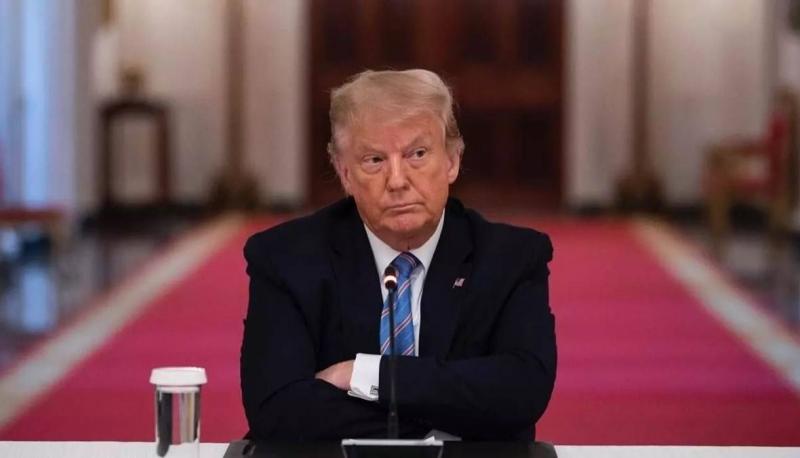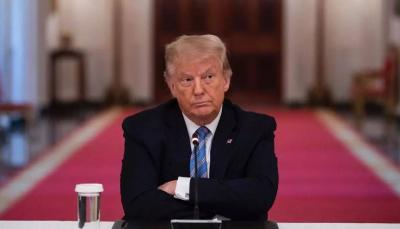A federal judge issued a ruling today that allows former President Donald Trump to publish some non-sensitive evidence that will be used in his trial regarding allegations of conspiring to overturn the results of the 2020 election. The judge's decision contradicts objections from prosecutors who expressed concern that Trump may use details from confidential evidence to intimidate witnesses.
U.S. District Judge Tanya Chutkan ruled today that the government had failed to clarify why all evidence should be subjected to a protective order preventing public disclosure to avoid witness intimidation or tainting the jury. However, she cautioned that Trump would still be subject to publication conditions that prevent him from intimidating witnesses and stated that she would monitor his statements and "scrutinize them very carefully."
The government will still have the option to petition the court to cover certain parts of the evidence under the protective order. Chutkan rejected Trump's attorneys' arguments and agreed with prosecutors regarding the sensitivity of hundreds of texts from witness interviews, recordings, and related documents, which cannot be publicly disclosed. She emphasized, "He is a criminal defendant. He will be subject to restrictions like all other defendants. This case is proceeding in the normal course."
She added, "The fact that the defendant is participating in a political campaign will not allow him any greater or lesser latitude than any defendant in a criminal case." It is standard practice for federal prosecutors to request protective orders before sharing evidence with defense attorneys to protect confidential records and ensure the integrity of the trial. Often, defense attorneys do not oppose this, as it slows down the government's evidence submission, assisting in case preparation.
However, Trump's attorneys argued that the scope of the protective order is excessively broad and infringes upon his First Amendment rights. The allegations discussed in today's session are one of three trials currently facing Trump, who is clearly leading the race for the Republican nomination in the 2024 presidential election. In the case brought up on Friday, Trump pleaded not guilty to criminal charges alleging he orchestrated a conspiracy to overturn the results of the 2020 presidential election to remain in power.




